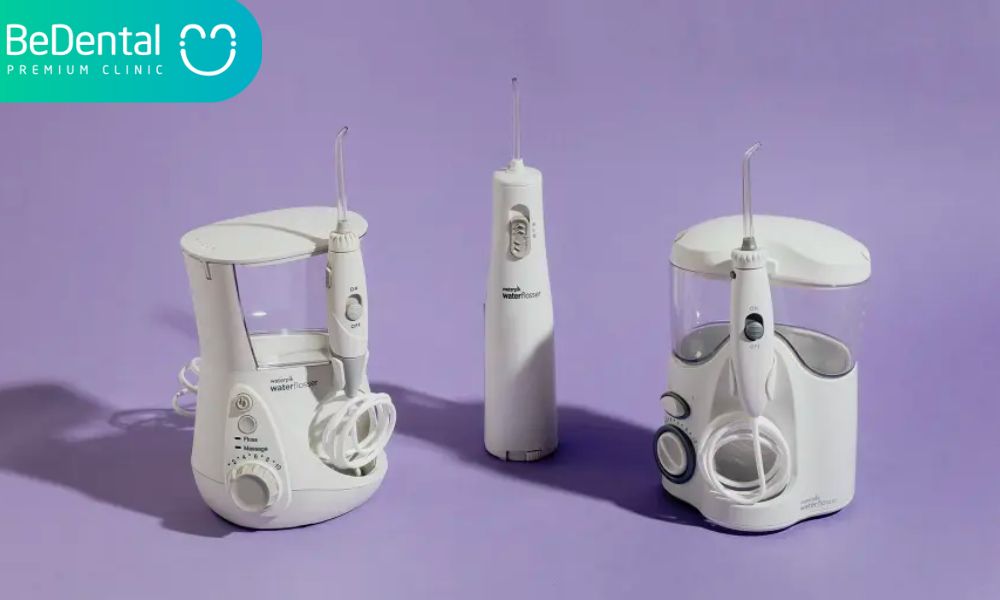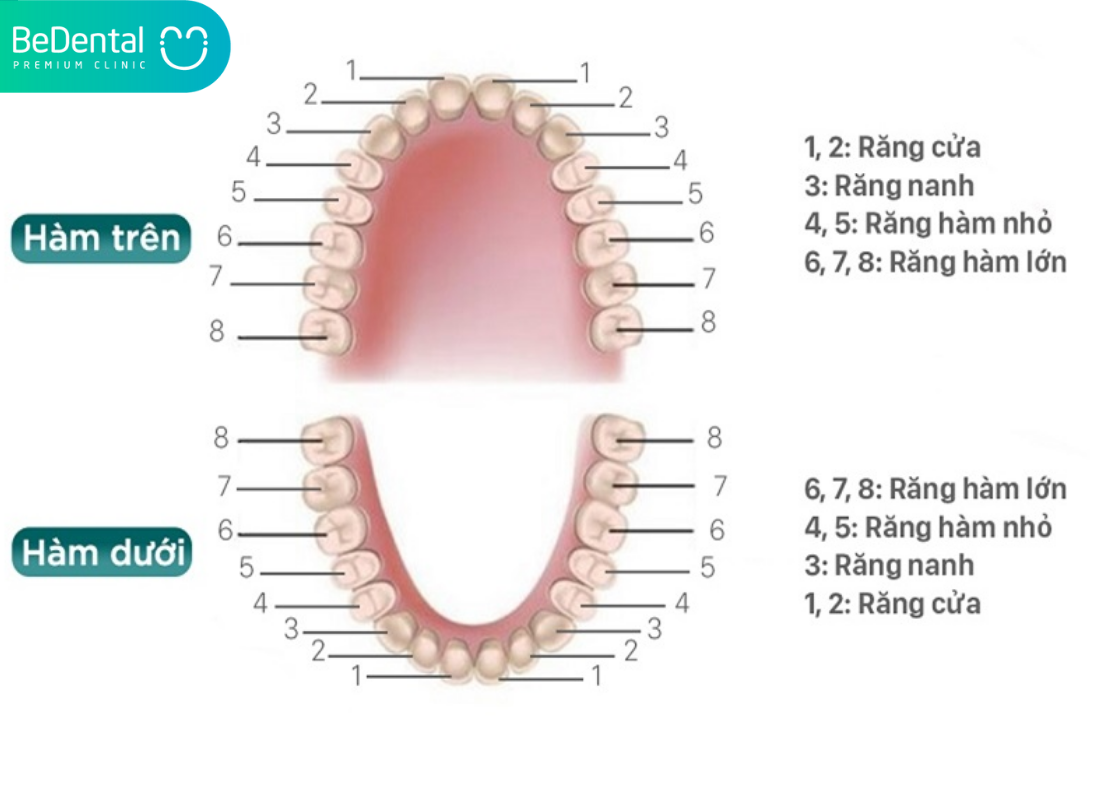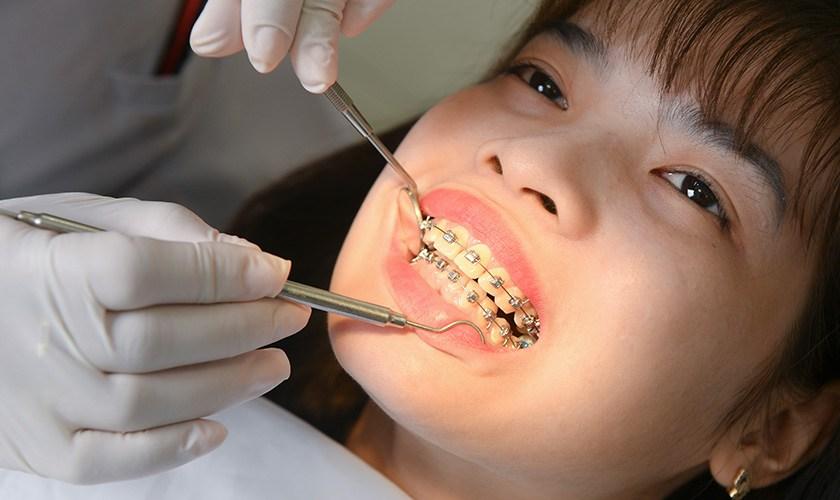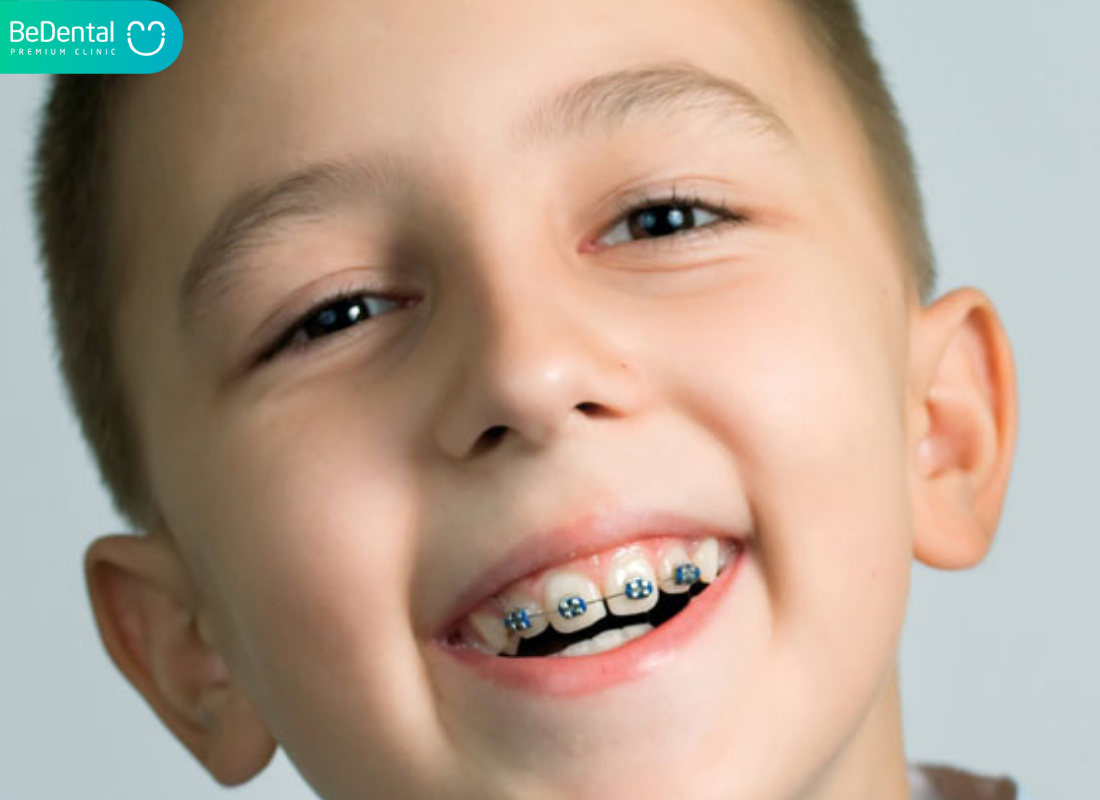What is an Electric Toothbrush?
An electric toothbrush, often known as a powered toothbrush, is a battery-driven device that cleans your teeth by vibrating or spinning bristles.
Types of Electric Toothbrushes
Electric toothbrushes are traditionally classified into three sorts, however the distinctions are becoming increasingly blurred as newer models integrate several capabilities. Some of the categories are as follows:
- Oscillating rotary toothbrushes: To clean each tooth, these toothbrushes include microscopic circular heads that spin back and forth. Some versions combine the spinning function with vibrating and pulsating to assist remove more plaque.
- Sonic toothbrushes: Sonic toothbrushes include vibrating brush heads that move bristles from side to side quickly. To be designated as a sonic toothbrush, the vibration must be quick enough to generate an audible hum. Today’s sonic toothbrushes have frequencies ranging from 50,000 to 100,000 motions per minute.
- Ultrasonic toothbrushes: Ultrasonic toothbrushes, rather of depending on physical motion to clean your teeth, employ a high frequency of vibration known as ultrasound to remove plaque and food particles. According to BeDental, existing ultrasonic toothbrushes employ operating frequencies ranging from 20 kHz to 10 MHz. That’s more than 1.2 billion motions each minute! Since ultrasonic brushes may break up plaque without moving, most versions also contain a sonic vibration to assist remove any leftover plaque or food particles.
Electric toothbrush benefits
The bristles of an electric toothbrush vibrate or spin to help remove plaque from your teeth and gums. The vibration from moving your toothbrush across your teeth enables for additional micro-movements.
More effective at removing plaque
According to a study, electronic toothbrushes are more effective than manual toothbrushes at reducing plaque and gingivitis. After three months of usage, plaque was decreased by 21% and gingivitis by 11%. Vibrating toothbrushes appear to be less effective than oscillating (spinning) toothbrushes.
Easier for people with limited mobility
The majority of the job is done by electric toothbrushes. These might be beneficial to anyone who has limited movement, such as those suffering from:
- Carpal tunnel
- Arthritis
- Developmental disabilities
Built-in timers
An electric toothbrush with a timer can help you brush your teeth for long enough to eliminate plaque from your teeth and gums.
May cause less waste
When it’s time for a new toothbrush, you may just need to change the head of an electric toothbrush, which may be less wasteful than tossing away a whole manual toothbrush.
But, if you use a single-use electric toothbrush, you will need to replace it altogether when the time comes.
May improve your focus while brushing
According to one research, when participants used an electric toothbrush to clean their teeth, they were more attentive. This enhances people’s brushing experiences and may increase how well they clean their teeth.
May improve oral health in people with orthodontic appliances
Electric toothbrushes, according to one research, were especially advantageous for patients who had orthodontic equipment, such as braces, since they made brushing simpler.
Plaque levels were essentially the same among those who already had good dental health and had equipment, whether they used an electric toothbrush or not. But, if you are having difficulty cleaning your teeth while getting orthodontic treatment, an electric toothbrush may be of assistance.
Fun for kids
Not every youngster enjoys cleaning their teeth. If your child prefers an electric toothbrush, it can help with dental hygiene and the development of healthy habits.
Safe for gums
Not every youngster enjoys cleaning their teeth. If your child prefers an electric toothbrush, it can help with dental hygiene and the development of healthy habits.
Electric toothbrush cons
Electric toothbrushes are more expensive than manual toothbrushes. Brushes cost anything from $15 to $250. Replacement brush heads are commonly offered in multiples of 10 and cost between $10 to $45. Disposable electric toothbrushes range in price from $5 to $8, plus the cost of batteries.
Getting the proper replacement brush heads isn’t always simple or convenient, though, because not all stores offer them, and your local retailers might not carry the right brand. You can purchase them online, but this isn’t always easy, and it’s not a smart alternative if you need a replacement head right soon. You may stock up for a year or longer, but this increases the initial expense.
Electric toothbrushes did not remove more plaque than manual toothbrushes in two examinations of seniors. This is not to imply that electric toothbrushes do not operate; nonetheless, they may not be worth the extra cost.
If you go overseas, plug-in models may not be a suitable choice because you’ll need a backup travel toothbrush. Although electronic toothbrushes generate less waste, they are less eco-friendly than manual toothbrushes since they require energy or batteries.
The buzzing feeling is not for everyone. Additionally, electric toothbrushes increase saliva movement in the mouth, which can be unpleasant.
Manual toothbrush benefits
Manual bristle brushes have been around for a long time. While they lack the frills that many electric toothbrushes have, they are nevertheless an efficient instrument for cleaning your teeth and avoiding gingivitis.
If a manual toothbrush is more comfortable for you, use it as long as you brush twice a day, every day.
Accessible
Almost any grocery shop, supermarket, or pharmacy will sell you a manual toothbrush. They also do not require charging, so you may use a manual toothbrush whenever and wherever you choose.
Affordable
Manual toothbrushes are inexpensive. One normally costs between $1 and $3.
Manual toothbrush cons
Using a manual toothbrush instead of an electric toothbrush, according to one research, doubled the probability of brushing too aggressively. Brushing too forcefully might harm your gums and teeth.
Using a manual toothbrush may make it more difficult to tell if you are brushing for adequate time at each session because there is no built-in timer. Install a kitchen timer in your bathroom to keep track of how long you wash your teeth.
For toddlers and young children
The toothbrush that your child is most likely to use is the ideal toothbrush for him or her. Experts recommend soft bristles and a child-sized toothbrush head for youngsters. A manual or electric toothbrush is not necessarily ideal for young children. The pros and disadvantages of each type remain the same.
Children and toddlers can safely use an electric toothbrush on their own. Nonetheless, it is essential that you observe your children as they brush their teeth to ensure that they spit out their toothpaste rather than swallowing it.
How to brush your teeth
The most crucial aspects of brushing your teeth are to use good technique and to do it twice a day, every day. Brush your teeth in the following order:
- Pick a toothbrush that’s the right size for your mouth.
- Avoid hard bristles that can irritate your gums. The ADA recommends soft-bristle brushes. Also, look for brushes with multi-level or angled bristles. One study found this type of bristle to be more effective than flat, one-level bristles.
- Use a fluoride toothpaste.
- Hold the brush at a 45-degree angle to your teeth and gums.
- Gently brush all tooth surfaces (front, back, chewing) for two minutes.
- Rinse your toothbrush and store it upright to air dry — and keep it out of range of the toilet which can spray germs when flushing.
- Floss once per day, either after or brushing.
- Mouth rinses are optional and shouldn’t replace flossing or brushing.
See your dentist if you suffer any bleeding. Many factors might cause bleeding during brushing and flossing, including:
- gum disease
- vitamin deficiencies
- pregnancy
More
Cleaning Water Flossers: How To Clean Water Flosser
Electric Toothbrushes: The Best Electric Toothbrushes of 2023
Water flossers: The 8 best water flossers of 2023
Composite Veneers and 3 exceptional advantages of Composite Veneers
Scaling and Polishing – Deep Oral Cleaning and 5 Habits To Keep Teeth Healthy








